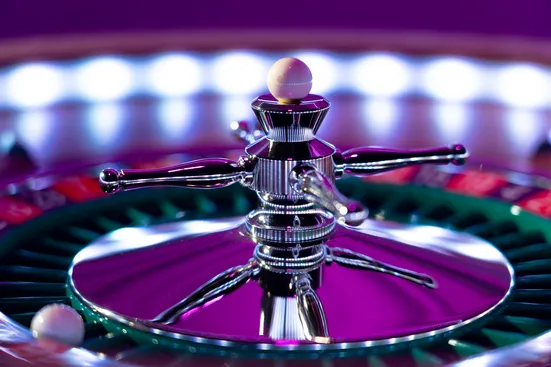Many accounts say that roulette was invented by French mathematician, philosopher, and physicist Blaise Pascal in the 17th century when he tried to defy physics by inventing the perpetual motion machine. His machine failed, and this was initially thought to be the primitive version of today’s roulette wheel.
However, Pascal’s writings “Suite de l’histoire de la Roulette” and “Histoire de la Roulette” referred to the mathematical curve of the cycloid rather than gambling.
Others theorized that the game originated in 17th-century Italy and later found its way to 18th-century France. Some historians believe that roulette was derived from the English Game Roly-Poly or “Odd-Even” (EO).
















